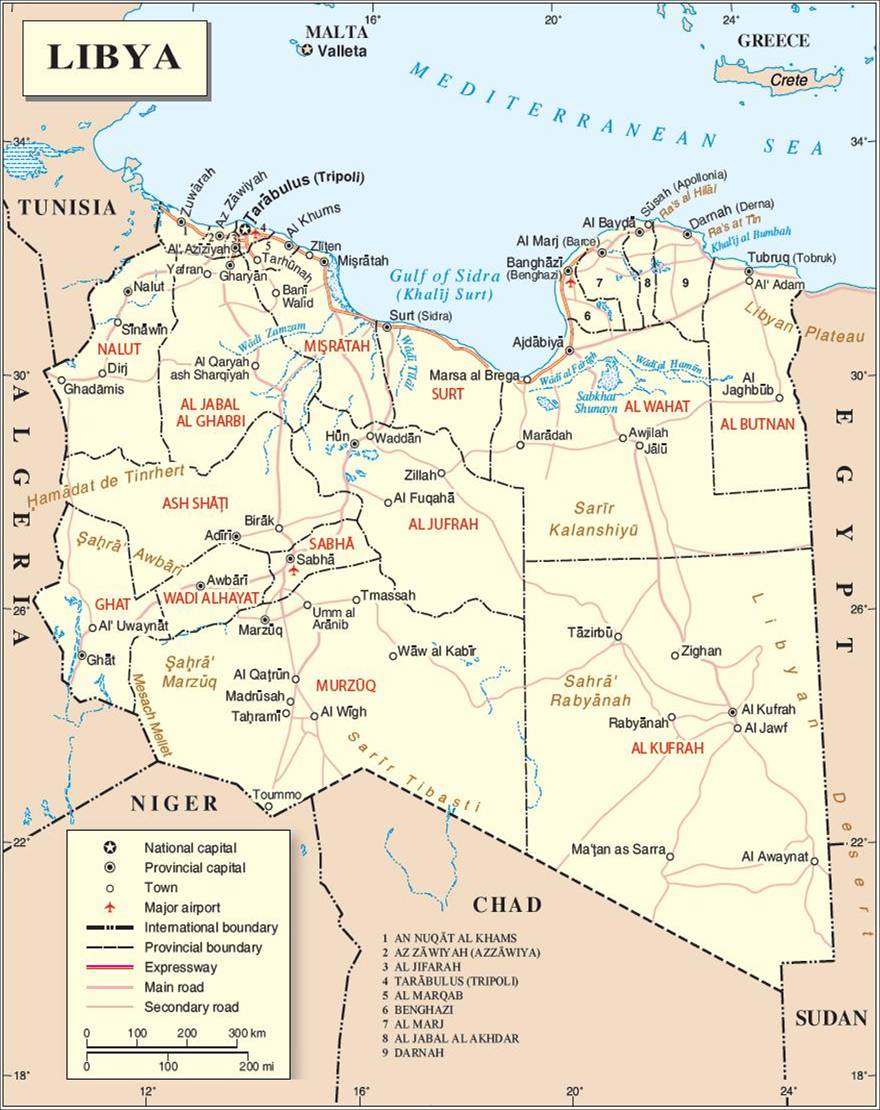Political
The Libya Herald reported that on the evening of 7 October the National Congress voted overwhelmingly to dismiss Prime Minister-elect Mustafa Abu Shagur in a vote of no confidence. In all 125 out of 186 congress members voted to remove Abu Shagur, with 44 voting to keep him and 17 abstentions. Prior to the vote, Abu Shagur submitted an emergency cabinet for congressional approval and delivered an impassioned speech calling for unity at a time of national crisis. He submitted just ten names for government posts, down from the 28 proposed in his initial submission last Wednesday. Of the complaints made against Abu Shagur proposal was that the initial line-up of candidates had contained an unacceptable number of former-regime members and others without the requisite qualifications. According to some commentators this had raised fundamental questions about the prime minister-elect’s political judgement.
A motion proposing that the next prime minister be chosen from inside the Congress was comprehensively defeated, with just 18 members voting in favour and 123 against. What emerged was a proposal that three names should be put forward as candidates, with each of the five major blocs nominating two representatives, who along with a handful of non-aligned members will decide who the candidates should be. Those named will then be voted on by Congress. It was reported that prominent contenders who stood during the last election process, including Mahmoud Jibril and Awad Barasi, will not be nominated, consistent with Congress’s desire to choose a compromise candidate who will not be aligned to any one group within Congress.





